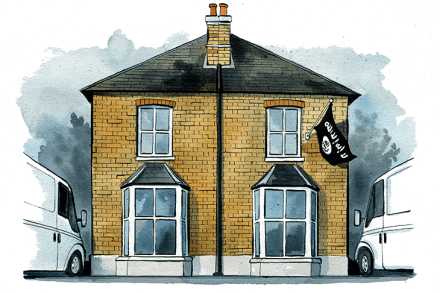Prevent and the problem of ‘political correctness’
Britain is reviewing its cornerstone anti-terror programme. As the name implies, Prevent is a strategy designed to stop radicalisation before it metastasises into killer intent. But how well is it working? There have been accusations that Prevent is discriminatory. Groups such as Liberty and the Muslim Council of Britain have criticised the anti-terror strategy for targetting Muslims, arguing that it has caused hurt to Britain’s Islamic communities. But there are also criticisms that, even on its own terms, the Home Office programme isn’t working as well as it should. Dame Sara Khan, the social cohesion tsar, last week warned that efforts to tackle Islamist extremism are being hampered by ‘political


